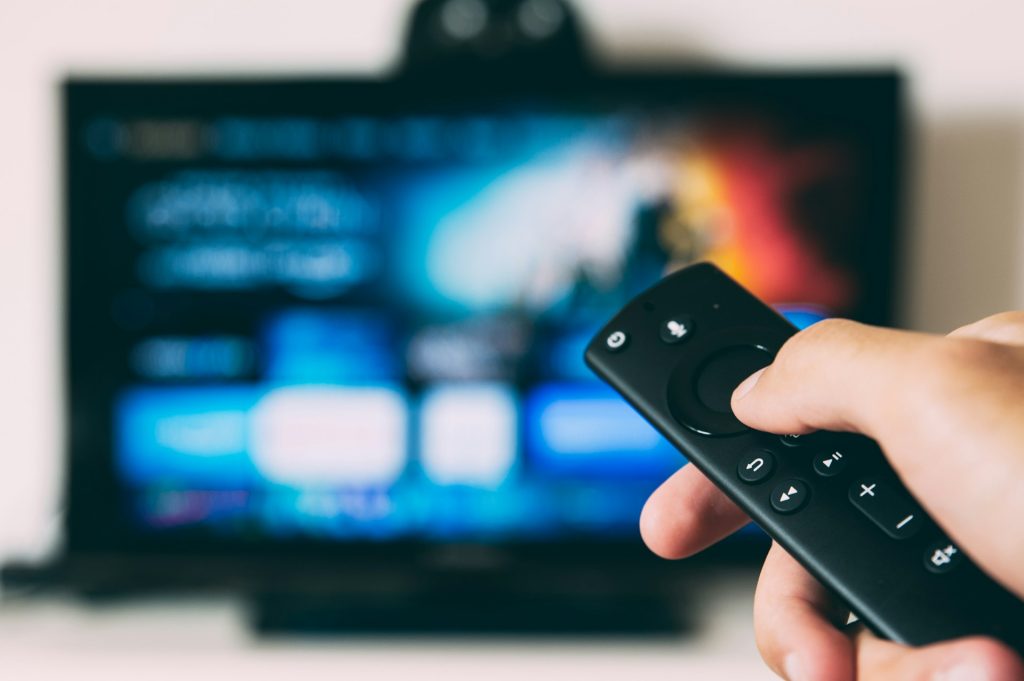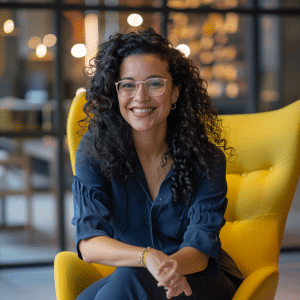But this hasn’t always been the case. For much of the 20th century, watching Arabic television in the United States meant having to rely on satellite dishes, VHS tapes brought from abroad, or pirated DVDs passed around community centers. Access was limited, expensive, and fragmented.
As the Arab diaspora grew in size and influence—particularly in cities like Detroit, Chicago, Los Angeles, and Brooklyn—so did the demand for media that reflected their languages, faiths, and values. Early satellite providers offered a handful of channels, often at premium costs. Then came IPTV boxes and grey-market streaming services, which provided more content but raised legal and quality concerns.
Here’s why Arabic channels in USA matter, and how platforms like UVOtv are bringing it all within reach.
Preserving Language and Cultural Connection
Imagine a three-generation household: grandparents recalling family stories in Arabic, parents catching up on news from home, and kids unwinding with cartoons or music they enjoy. That uninterrupted access to Arabic-language programming helps kids maintain a meaningful connection to their heritage.
Studies show that even limited exposure to native-language media can improve vocabulary, pronunciation, and cultural understanding in children. And for many parents, it’s a way to keep conversations alive with relatives overseas, the kind of chat translated by body language and shared idioms that Google Translate simply misses.
Real-Talk from Home in Real Time
Arab audiences expect news tailored to regional concerns, not just global headlines. Whether it’s Syrian families following live coverage of a peace summit or Iraqi communities staying informed about local health and governance issues, Arabic news channels are vital information lifelines. Channels like Al Arabiya and MBC have built trust by combining on-the-ground reporting with regional familiarity.
That kind of reach is no longer exclusive to satellite feeds. Streaming platforms now make it free, accessible, and legal, so families no longer have to gamble with unauthorized streams to catch the evening news.
Stories That Bridge Generations
Just as Nollywood is known for its energy and Bollywood for its grandeur, Arabic television is celebrated for its heart—family-centered stories and shared traditions.. From family dramas and Ramadan specials to sitcoms built around complex traditions, these shows offer moral narratives, emotional familiarity, and laughter rooted in home.
When families watch side by side, these series become ritual anchors during meals or weekend evenings. Children learn key cultural phrases, not from textbooks, but from dialogue they feel connected to. And teens discover humor and values that echo family wisdom, even when they’re watching in another time zone.
A Platform for All Tastes
From Arabic pop, religious programming, and sports to dramas, comedies, and dance shows, there’s a diverse palette of genres. UVOtv organizes a wide range of programming so viewers from Egypt to Morocco, Jordan to Lebanon, can find shows that feel like home
And because UVOtv provides this access free and legally, families can experience the full spectrum of Middle Eastern culture without subscription fees or paywalls.
Building Diaspora Communities Through Shared Media
Television, especially in a shared language, helps connect people. Arabic TV offers communal viewing experiences that bring up a sense of identity—whether through collective laughter, shared nostalgia, or debates over plotlines.
UVOtv amplifies this connection. It’s free, accessible, and community-driven, built for diaspora audiences who want programming that feels both familiar and current. There’s no hardware, no subscription fee, and no barriers—just a platform that lets you stream your heritage.
Final Thought
Arabic television isn’t just entertainment—it’s memory, connection, and belonging. For Arabic-speaking families in the United States, channels in their native language offer cultural continuity in a rapidly shifting world. And now, thanks to UVOtv, that continuity is easier to maintain than ever.
No satellite dishes. No subscriptions. Just real stories, real-time access, and a digital bridge to the Arab world—right from your living room.





















